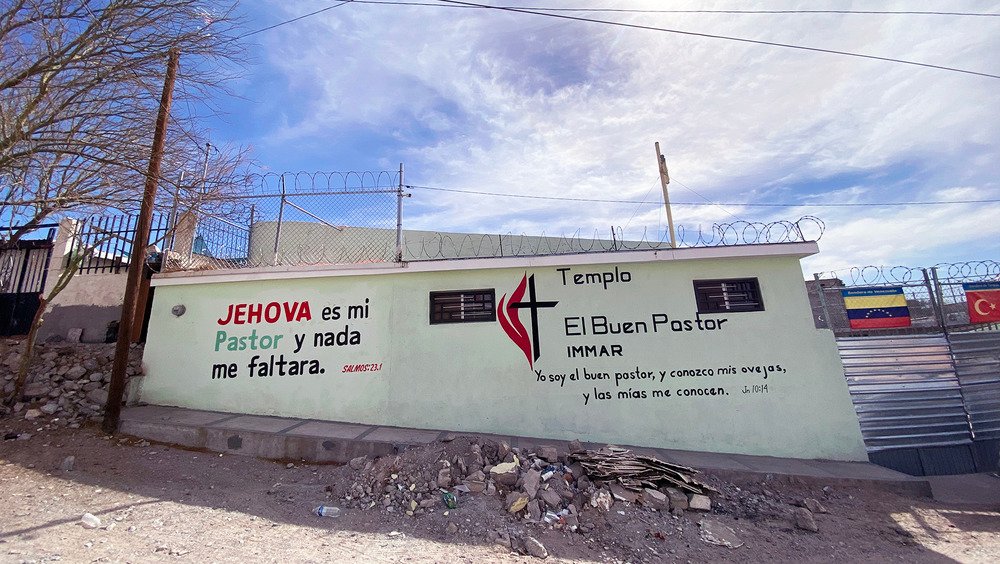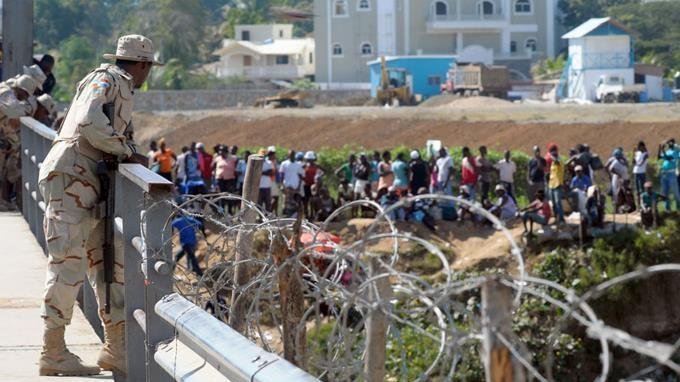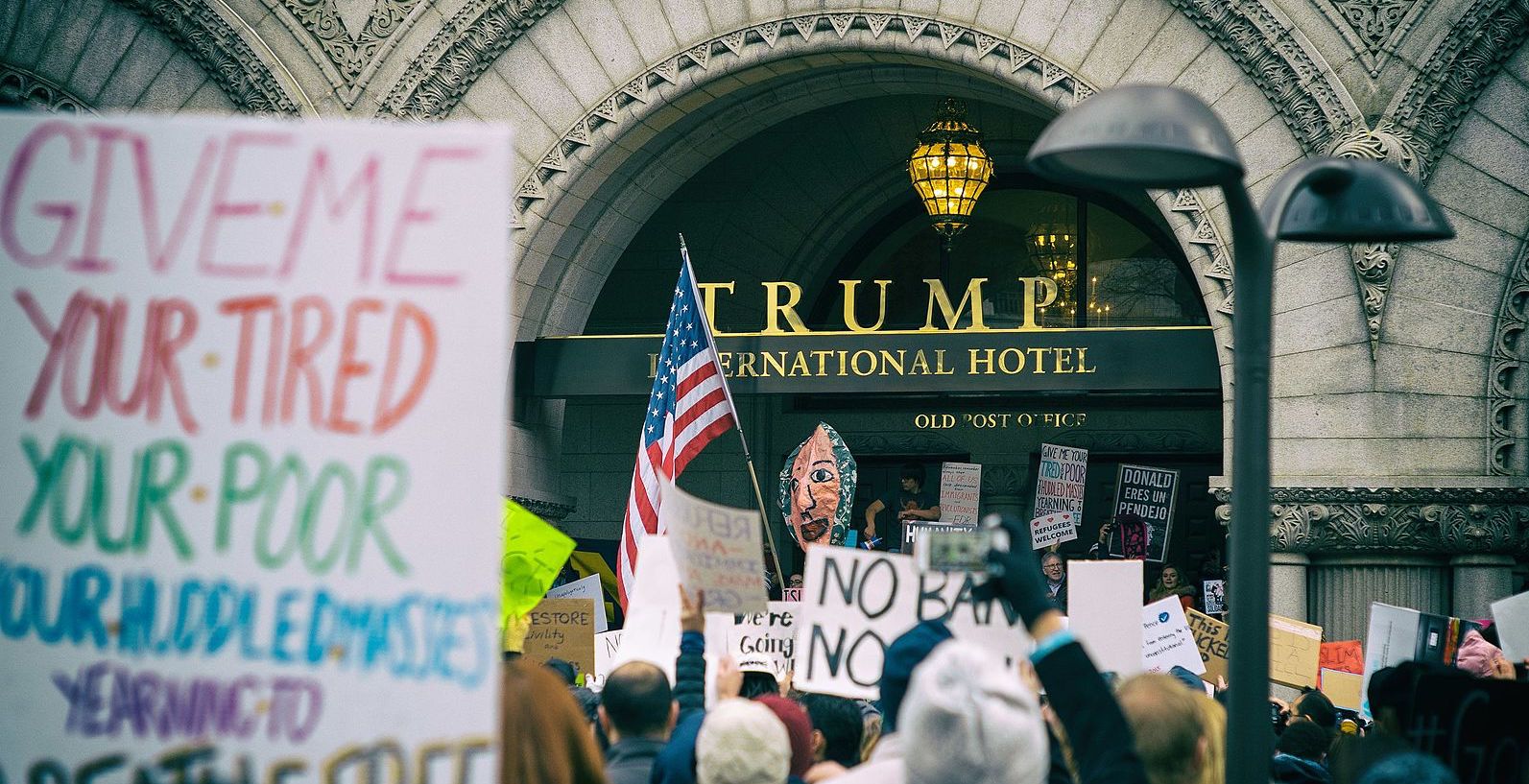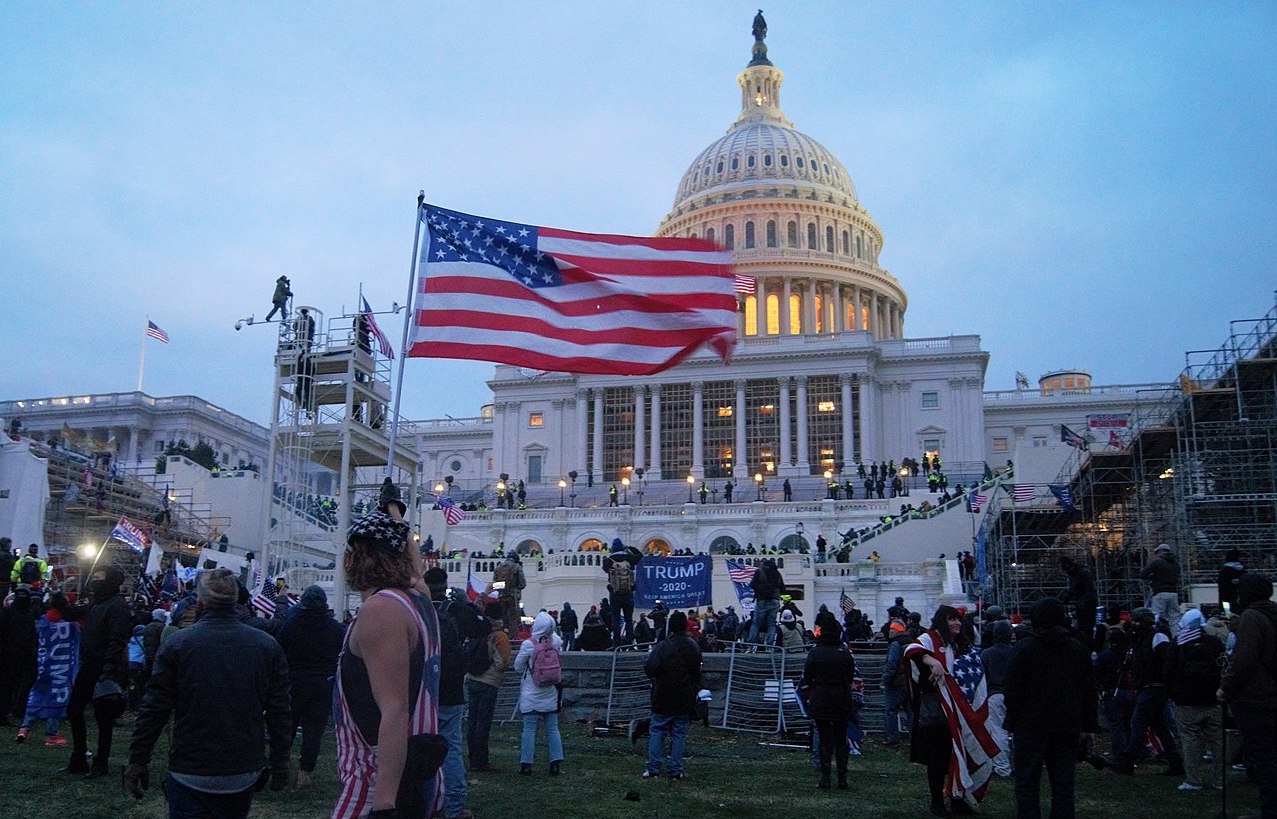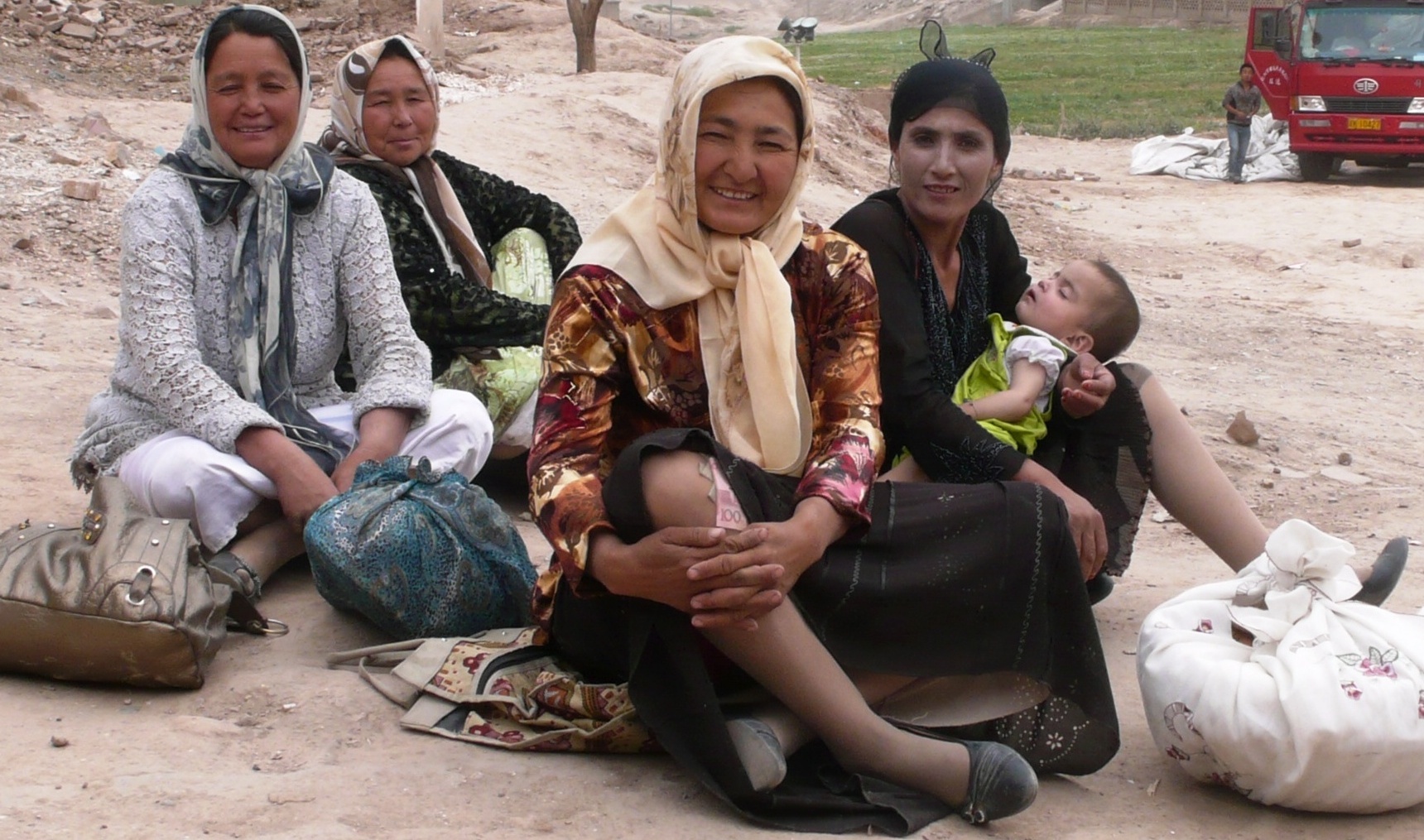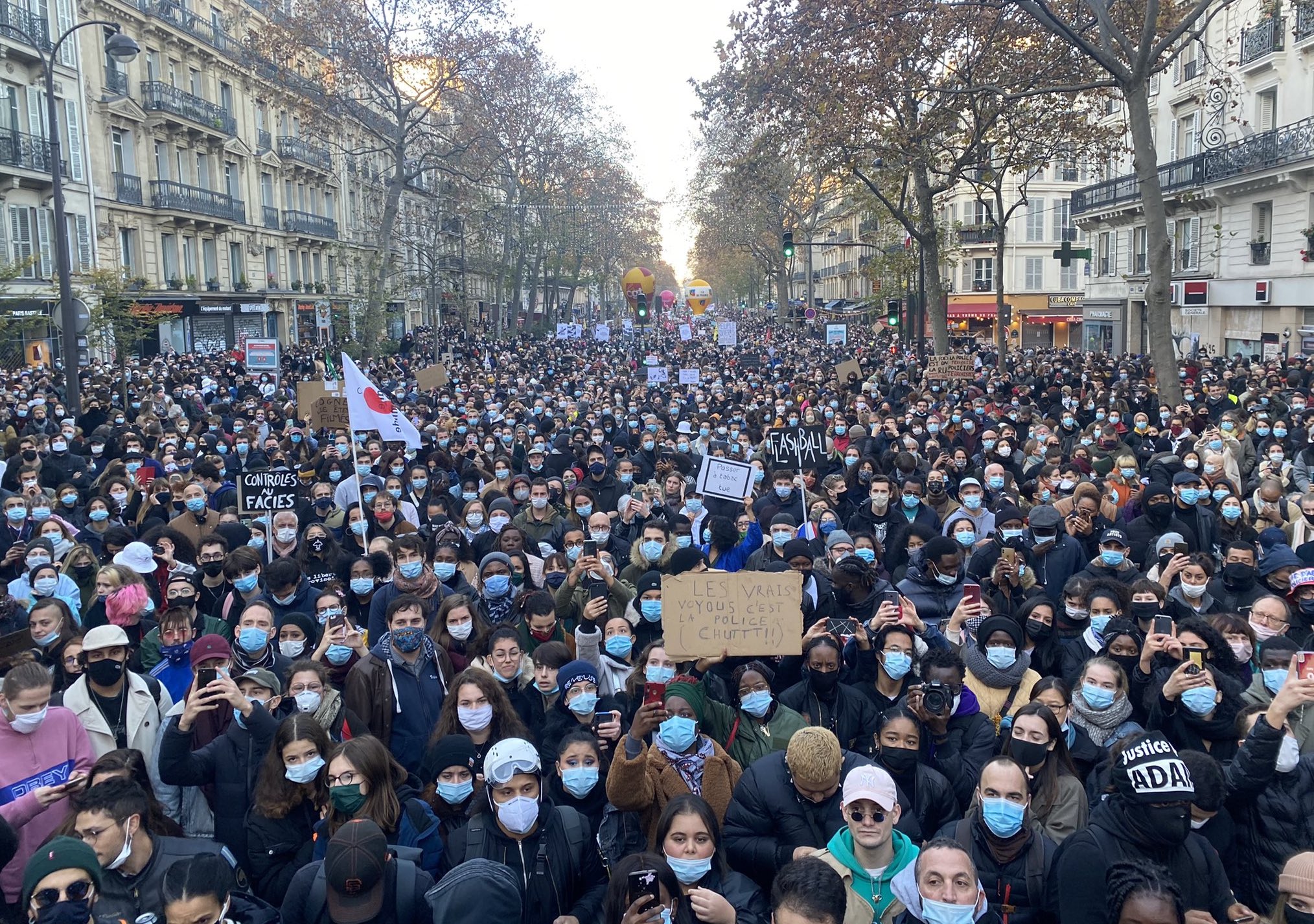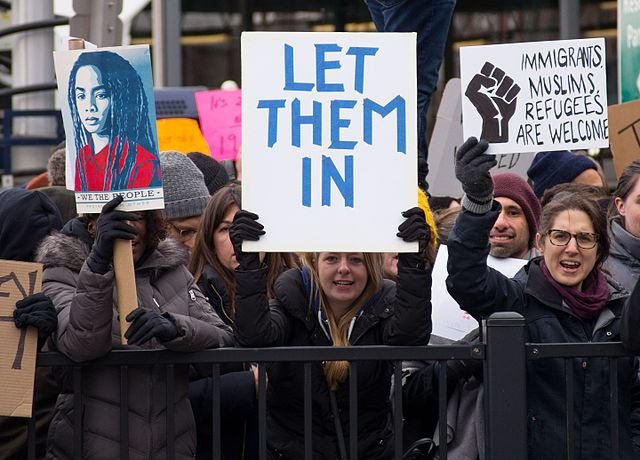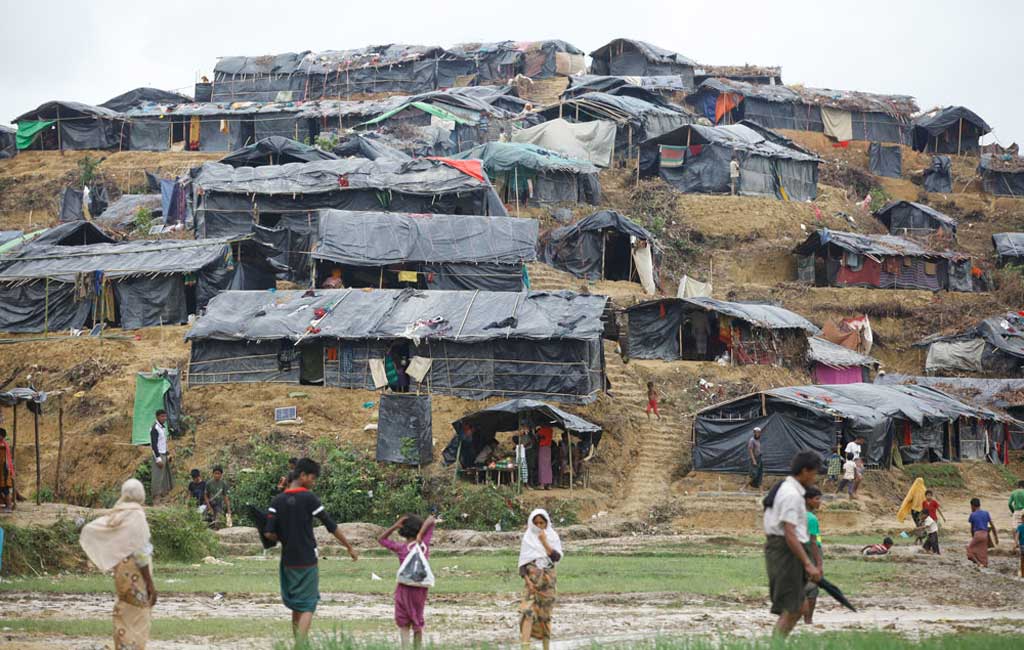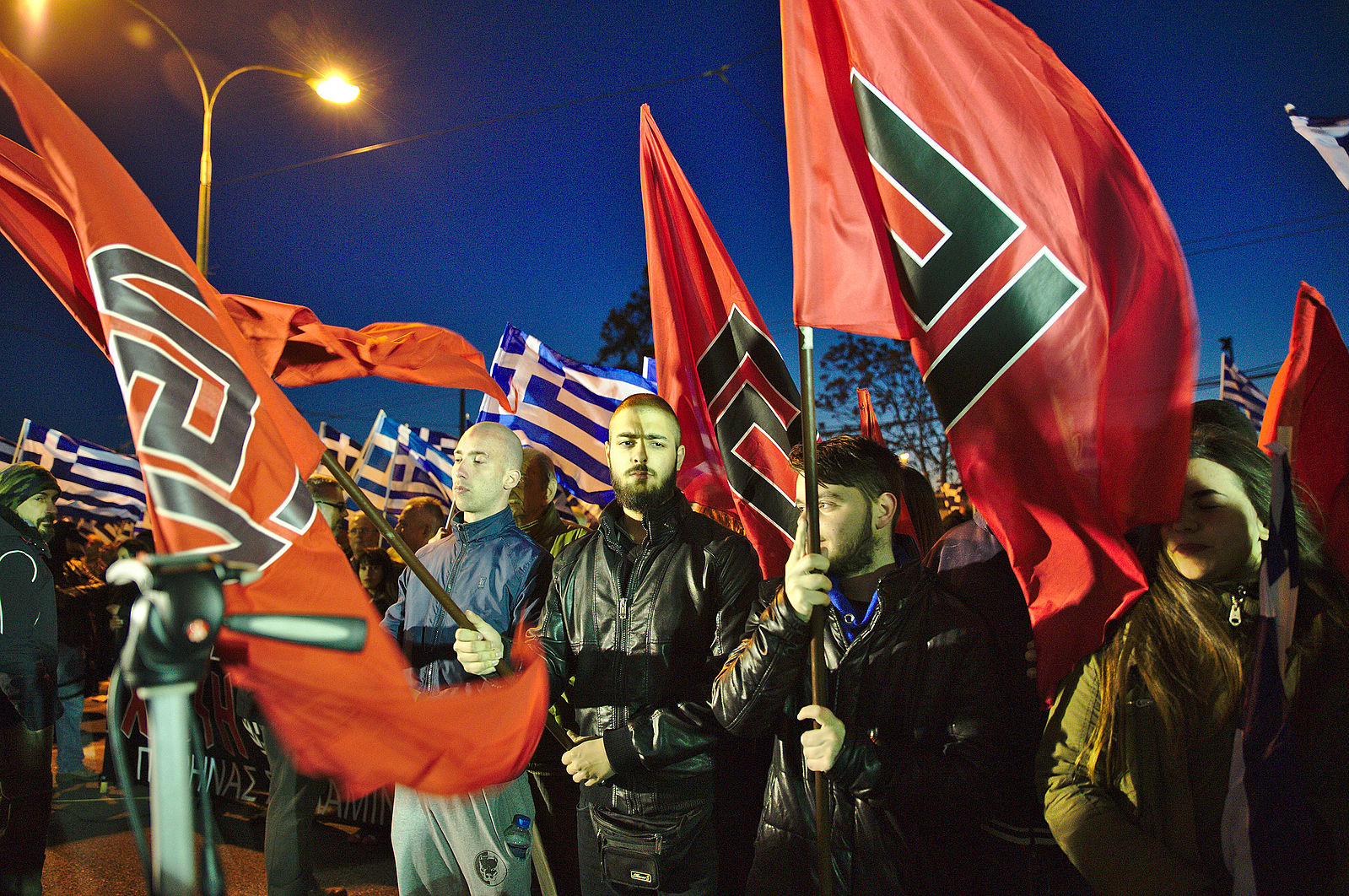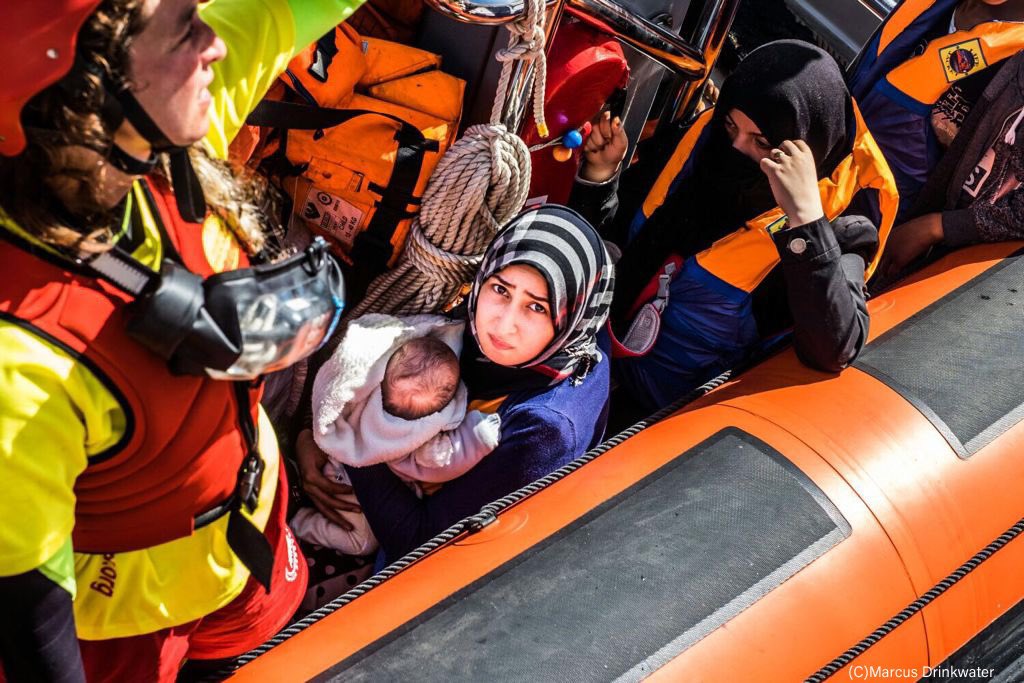
Italy: Salvini to stand trial on kidnapping charges
Former deputy prime minister and current leader of Italy’s right-wing League party Matteo Salvini must stand trial for kidnapping, a Palermo judge ruled. The charges concern an incident in August 2019 in which he barred 147 migrants who had been rescued by Barcelona-based NGO Open Arms from disembarking at a Sicilian port. An indictment of the former minister was requested by Open Arms and nine migrants who were on board the vessel, which had been blocked for 19 days off the coast of Lampedusa. (Photo via Twitter)



